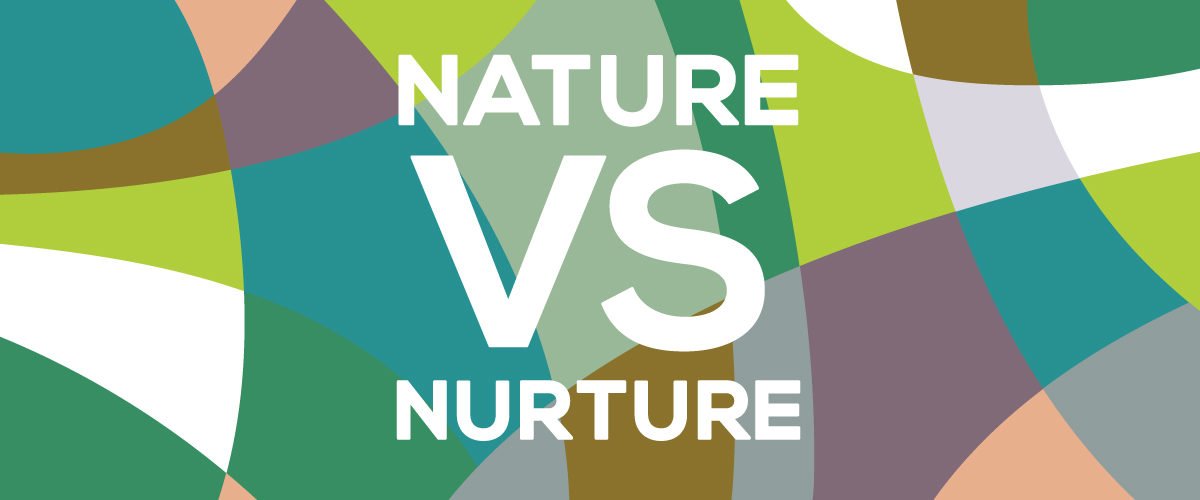I’ve read some eye-opening books during 2017, but none more so than Oliver James’ Not In Your Genes.
Subtitled “The real reasons children are like their parents”, the book reveals the truth about how little impact genes have on the way we turn out as people.
At the core of this is the seemingly-little-known revelation that genes play no part in things like mental illness, our skill at various things like sport or music, or what we enjoy learning at school.
The fact that conditions such as depression or ADHD are not at all genetic and inherently down to nurture is a bit of a shock.
Continue reading “Why genes mean little in how our children act”

